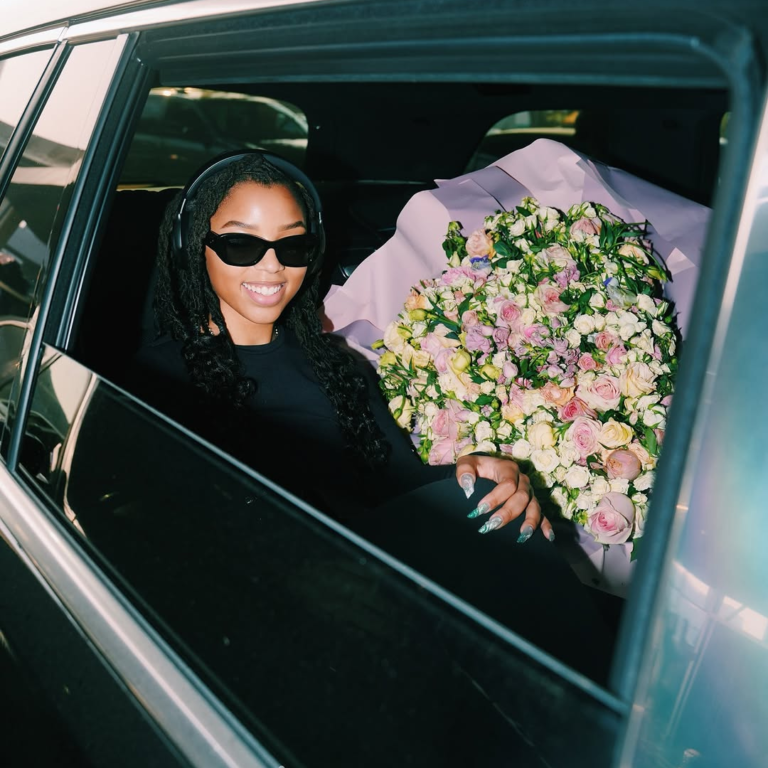On the opening night of the S16 Film Festival on December 10, the actress Lala Akindoju strolled in, wearing a casual jumpsuit. That was as star-studded as the four-day festival would get.
There were no bodyguards pulling people out of the way, and there weren’t long media lines—in fact, there almost weren’t any media lines at all. There were rising hotshot directors, writers, cinematographers, and directors of photography.
Interns waiting for their big break joined queues with established filmmakers for Quacktails. Inside Alliance Française, audiences watched the opening film, an A24 feature, On Becoming a Guinea Fowl, directed by Rungano Nyoni. Later they watched more movies in that vane, some of which were too preoccupied with being films that truly understanding them was nearly impossible. After all, this is the house that the Surreal16 Collective—Michael Omonua, CJ Obasi, and Abba Makama—built.
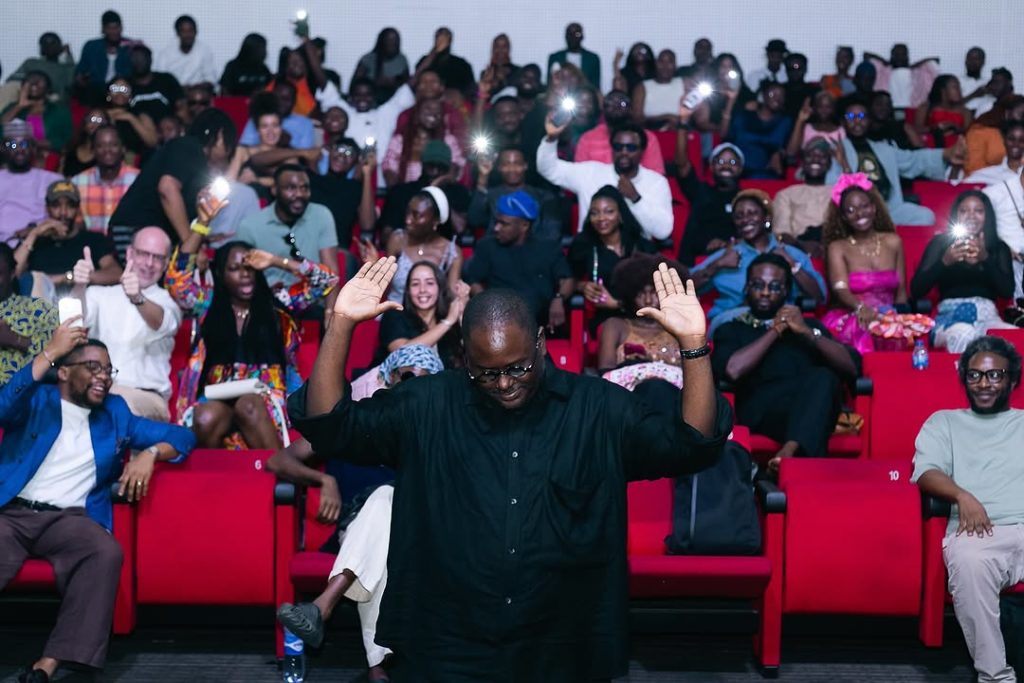
“It’s a festival where we know that the filmmaker and the film are the most important aspect of the festival, period,” Omonua, one of the founders, told Zikoko. “It’s incredibly hard work.”
For at least the last decade, Nollywood has relied heavily on celebrities and other big brand personalities to grow. It wasn’t always like this. People once watched Nollywood films for the reasons that motion pictures became the most influential storytelling tool—great acting, suspense, action, the stupidity of the characters, tact.
But somewhere in Nollywood’s development, an aggressive push for profitability led to a meteoric rise in the quantity of films it produced. The quality fell flat, and young Nigerian audiences enamoured by huge-budget Hollywood productions fled.
The Nigerian film industry has been trying to attain profitability again in the last few years. The strategy has been to make films with big celebrities, hoping that fans of these stars will pay to watch them at the cinemas or on streamers. The downside of this is that films without big celebrities almost never make it to the cinemas, or even to production.
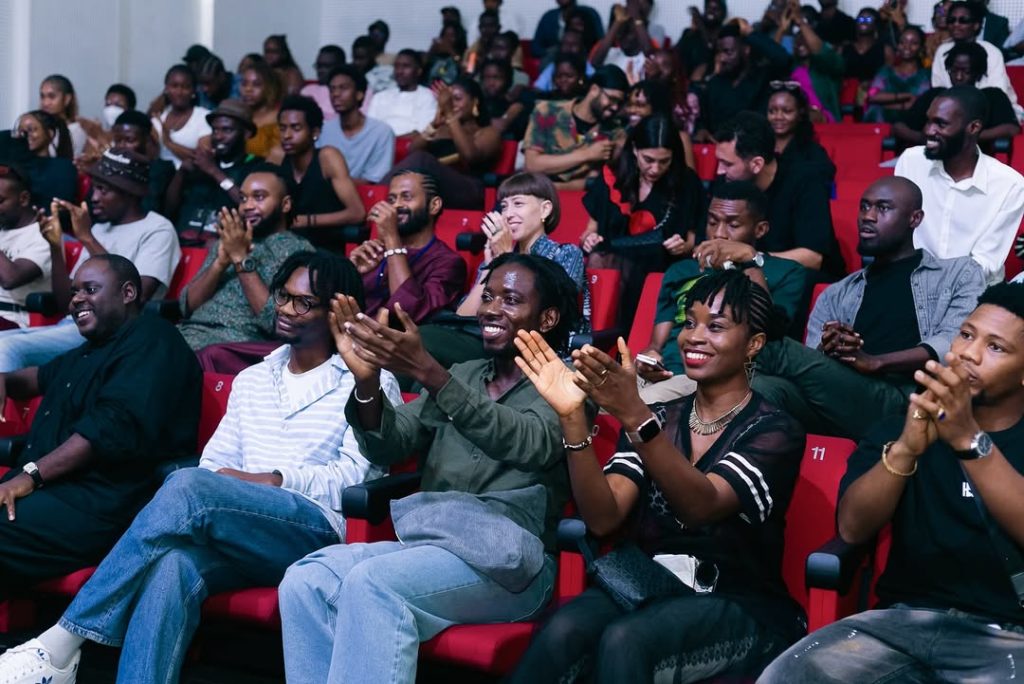
It has also turned the industry into something of an endless jamboree. Films are stuffed with famous influencers. To accommodate these influencers, directors are compelled to smash unaccounted-for scenes into their films. The premieres look like carnivals, and the films forget that they are, first, works of art.
“10 years ago, if you had told me that there would be talented artistic-minded filmmakers coming out of Nigeria, that would probably have been hard to believe,” Omonua said. But now he said, “No one can ever tell me Nigeria doesn’t have amazing filmmakers with unique voices, an artistic mindset, and the ability to make films that can compete with anyone in any country.”
It was suspicion that led him to this conclusion. Scanning the state of the industry, he knew that there were “crazy, mad talented young filmmakers in Nigeria” who just wanted to make really great films that carried important messages. “They just needed a place to come where they could see them.”
He hopes that S16 is that place. “We want to be a place where the best works come to screen for audiences in Nigeria,” he said.
This year, the Africa International Film Festival (AFRIFF), the biggest film festival on the continent, hosted Star Wars actor John Boyega and the rapper Skepta. There were also off-site parties, five screens showing films simultaneously, red-carpet events, and an army of PR experts. Some guests were lodged at the Art Hotel.
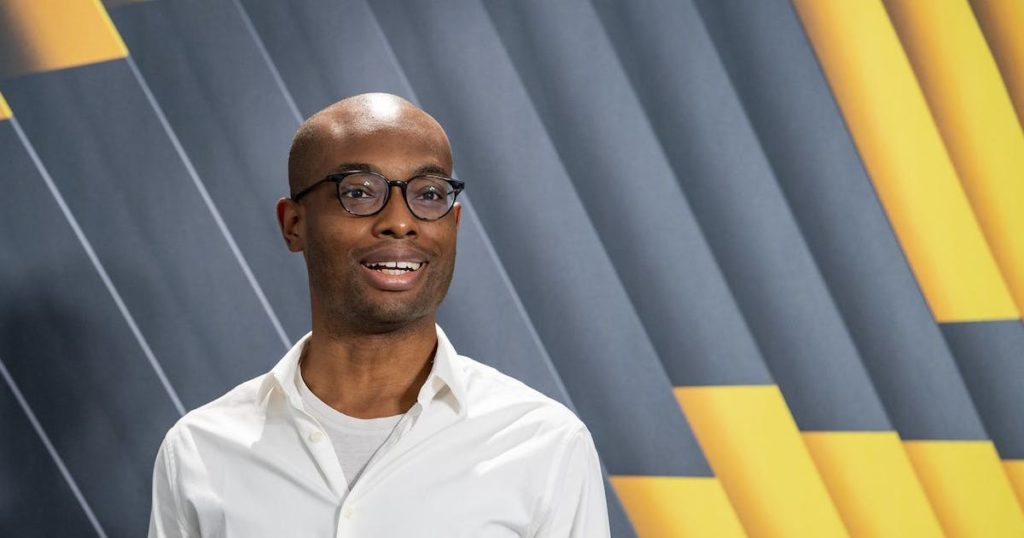
Filmmakers who have had their work screened at other international festivals in the West said it was a good place to network, but complained that the films were not the centre of attraction. Some didn’t bother submitting their work this year.
“Our vision is a film festival that is filmmaker-focused first, and I hope we are on the journey to better that every single year,” Omonua said of working with his co-founders. “We all share that vision. There are no egos. Everyone pulls their own weight.”
But doing this has not been easy. “It’s not easy to run a festival and keep surviving every year,” he said.
Getting funding for a festival that almost makes no money and very little noise in an industry accustomed to noise is tough. “Often, we’re not even funded until the last week, but we prepare everything and are just working towards the vision. That has actually been the case in almost every single edition. It all comes together somewhere at the end,” he said.
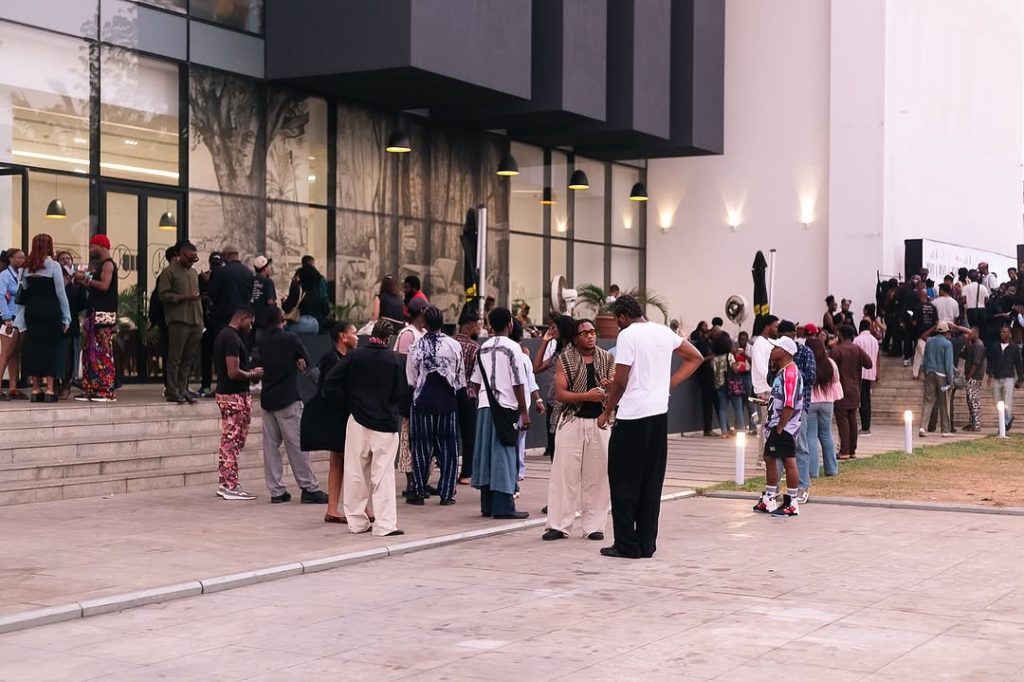
“As long as we stay consistent with our goals, I think the festival will inevitably grow over time.”

